Self Concept Activities for Preschoolers: Self-Awareness at an Early Age

Preschooler self-concept activities should include mirror play, role-playing, and positive affirmation activities. These activities help young children develop a positive self-image and self-awareness.
Self-concept activities for preschoolers play a crucial role in nurturing their self-esteem and building a strong foundation for their social and emotional development. Preschoolers are at a crucial stage of self-discovery and shaping their identity. Engaging them in activities that promote self-awareness and positive self-esteem is essential for their overall development.
These activities not only help children understand and appreciate themselves but also enhance their interpersonal skills and empathy towards others. By fostering a positive self-concept in preschoolers, educators and parents can contribute to creating a supportive and confident future generation.
Early Role Of Self-concept In Preschoolers
In the formative years of preschoolers, the development of self-concept plays a crucial role in shaping their worldview and interactions with the world around them. As young children begin to grasp their own identity, emotions, and abilities, self-concept activities can lay the foundation for healthy social and emotional development. Understanding the early role of self-concept in preschoolers is essential for educators and parents to create a supportive environment that nurtures positive self-perception and confidence.
Understanding The Impact Of Self-awareness On Development
During the preschool years, children develop a growing awareness of themselves as individuals with unique qualities and characteristics. Engaging in self-concept activities at this stage can help them recognize and appreciate their strengths and limitations. By nurturing self-awareness, preschoolers can gain a better understanding of their emotions, preferences, and capabilities, laying the groundwork for positive self-esteem and a healthy sense of identity.
The Correlation Between Self-concept And Future Interpersonal Relationships
Early experiences and activities that foster a positive self-concept in preschoolers can significantly impact their future interpersonal relationships. Children who have a strong sense of self tend to exhibit greater confidence, empathy, and resilience in their interactions with peers and adults. Building a healthy self-concept early on can contribute to the development of strong interpersonal skills, communication, and the ability to form secure and supportive relationships as they grow.
Self-Concept Activities: Fun Foundations
When it comes to the development of self-concept in preschoolers, creating a strong foundation of self-awareness, individuality, and personal experiences is crucial. Engaging in interactive games, visual arts projects, and storytelling activities can foster these essential qualities, promoting a positive self-image and confidence from an early age. Let’s explore some fun and effective self-concept activities that are specifically designed for preschoolers to lay the groundwork for healthy self-perception and self-expression.
Engaging Interactive Games That Foster Self-awareness
Interactive games are an excellent way to engage preschoolers while promoting self-awareness. Through these games, children can learn about their own emotions, preferences, and abilities in an enjoyable and stimulating environment. Here are some engaging interactive games that foster self-awareness:
- Emotion charades: Encourage children to act out different emotions, allowing them to identify and understand various feelings.
- Guess the sound: Present various sounds and ask children to guess what they are, fostering their awareness of different auditory stimuli.
- Feelings memory game: Create a memory game featuring cards with different facial expressions, helping children recognize and connect emotions with facial cues.
Visual Arts Projects To Express Individuality And Self-perception
Visual arts provide an excellent medium for preschoolers to express their individuality and self-perception. By engaging in creative projects, children can communicate their unique perspectives and explore their sense of self. Here are some visual arts projects designed to encourage self-expression:
- Self-portraits: Have children create self-portraits using various art materials, allowing them to explore and represent their physical appearance.
- Collage of favorites: Encourage children to make collages featuring their favorite colors, shapes, and objects, reflecting their personal preferences and tastes.
- Expression through shapes: Provide different shapes and colors for children to create abstract art, allowing them to express themselves visually without limitations.
Encouraging Storytelling To Explore Personal Experiences
Storytelling serves as a powerful tool for preschoolers to explore and share their personal experiences, fostering self-awareness and communication skills. Through storytelling activities, children can articulate their thoughts, emotions, and past events, nurturing a deeper understanding of self. Here are some approaches to encouraging storytelling for self-exploration:
- Personal story circle: Create a safe and supportive environment where children can take turns sharing their personal experiences or favorite memories with the group.
- Storytelling with props: Provide various props, such as puppets or picture cards, to inspire children to create and narrate stories based on their imagination and experiences.
- Family storytelling book: Encourage children to contribute to a class storytelling book, where they can share family experiences, traditions, or memorable moments through drawings and simple sentences.
Nurturing Self-awareness Through Play
Self-concept development is crucial during the preschool years, as it forms the foundation for a child’s self-esteem and overall well-being. Through carefully crafted activities and play, preschoolers can develop a strong sense of self-awareness and confidence. These activities focus on nurturing empathy, teamwork, and positive self-image, laying the groundwork for healthy social and emotional growth.
Role-playing Scenarios To Develop Empathy And Understanding
Engaging in role-playing scenarios is an effective way to help preschoolers understand and relate to the feelings and experiences of others. By assuming different roles and perspectives, children can develop empathy and understanding, laying the groundwork for healthy social interactions. Through imaginative play, they can step into the shoes of others, fostering a sense of compassion and emotional awareness.
Cooperative Play To Teach The Value Of Uniqueness And Teamwork
Cooperative play activities encourage preschoolers to work together towards a common goal, emphasizing the value of individuality and teamwork. Engaging in collaborative games and group projects fosters an appreciation for each child’s unique contributions while emphasizing the importance of cooperation and mutual respect. This form of play helps children understand that everyone has strengths and weaknesses, and that working together can lead to positive outcomes.
Building A Positive Self-image With Confidence-boosting Games
Confidence-boosting games and activities aim to help preschoolers build a positive self-image and belief in their own abilities. Through playful challenges and encouraging feedback, children can gain confidence as they accomplish new tasks and overcome obstacles. These activities promote a growth mindset, empowering children to embrace challenges and view mistakes as opportunities for learning and growth.
Everyday Dialogues: Reflections And Growth
Self-concept activities are an essential part of a preschooler’s development. Encouraging positive self-awareness and growth at an early age lays the foundation for a healthy self-image and confidence. One effective way to nurture self-concept in preschoolers is through everyday dialogues that reflect and promote growth. By incorporating self-concept discussions into daily conversations, leveraging the power of praise and constructive feedback, and tailoring communication to reinforce positive self-awareness, preschoolers can build a strong sense of self from the very beginning.
Incorporating Self-concept Discussions In Daily Conversations
Facilitating self-concept discussions in daily conversations can significantly impact a preschooler’s self-awareness. Encouraging open communication about emotions, experiences, and self-perception allows children to verbalize their feelings and thoughts. Engage in dialogues that validate their emotions and experiences, demonstrating that their perspective is valued. Through simple conversations about their actions, likes, and dislikes, preschoolers can begin to form a clearer understanding of themselves.
The Power Of Praise And Constructive Feedback
Praise and constructive feedback play a vital role in shaping a preschooler’s self-concept. Offer genuine praise for their efforts and achievements, highlighting their strengths and perseverance. Equally important is providing constructive feedback that focuses on improvement rather than criticism. By guiding them in identifying areas for growth and celebrating their progress, preschoolers learn to embrace a growth mindset and build a positive self-image.
Tailoring Communication To Reinforce Positive Self-awareness
Tailoring communication to reinforce positive self-awareness involves using language that promotes self-confidence and self-worth. Encourage preschoolers with affirming statements, emphasizing their capabilities and unique qualities. By framing conversations in ways that reaffirm their worth and potential, caregivers and educators can instill a sense of pride and self-assurance in children.
Establishing Routines For Self-reflection
Establishing routines for self-reflection is crucial for preschoolers to develop a positive self-concept and build a strong foundation for their emotional and social well-being. By incorporating engaging and meaningful activities into their daily routines, educators and parents can support children in exploring their identity, recognizing their strengths, and fostering a positive self-image. Here are some effective ways to implement self-reflection routines for preschoolers:
Routine Activities That Promote Self-discovery And Expression
Engaging preschoolers in routine activities that encourage self-discovery and expression can help them develop a strong sense of self and build confidence. Utilize activities such as storytelling, role-playing, and creative arts to provide opportunities for children to express themselves and explore their emotions. These activities allow children to communicate their thoughts, feelings, and experiences, leading to a deeper understanding of their identity and building self-confidence.
Crafting Self-concept Focused Rituals: From Good Morning To Goodnight
Establishing self-concept-focused rituals from the beginning of the day to bedtime can help preschoolers develop a positive self-image. Create specific routines such as morning affirmations, gratitude exercises, and bedtime reflections to instill a sense of self-worth and positivity in children. By incorporating these rituals into their daily routine, children can start and end their day with a focus on their strengths, achievements, and positive experiences, contributing to a healthy self-concept.
Monitoring Progress: Recognizing Growth And Areas For Improvement
Monitoring and acknowledging the progress of preschoolers is essential in cultivating a positive self-concept. Use progress charts, guided reflection exercises, and positive reinforcement to help children recognize their growth and achievements. Additionally, identify areas for improvement in a supportive and constructive manner, empowering children to embrace challenges and develop a growth mindset. By monitoring progress, children can build resilience and confidence in their abilities, leading to a strong self-concept.
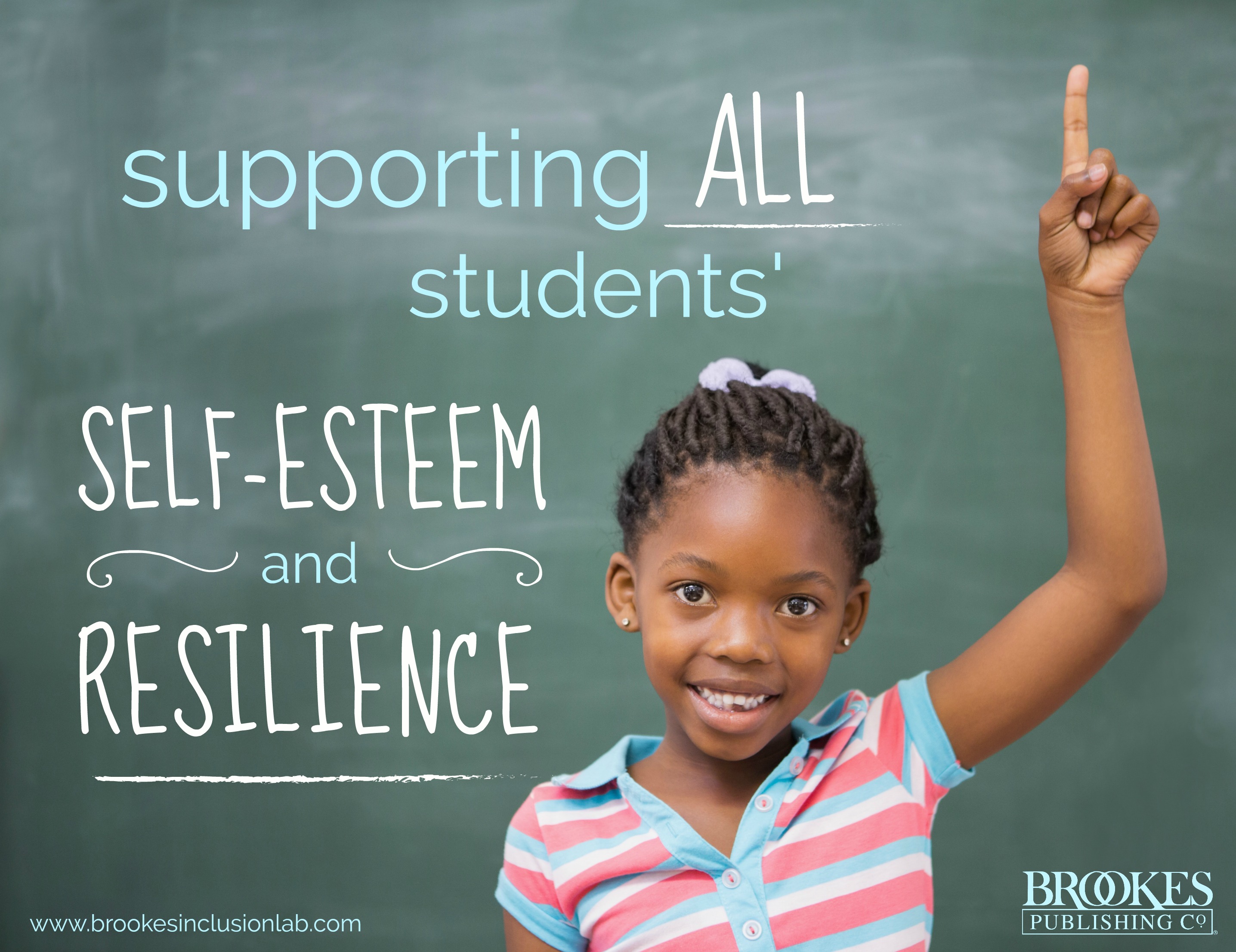
Credit: blog.brookespublishing.com
Home-to-classroom: Consistent Encouragement
Consistency is key when it comes to supporting a preschooler’s self-concept development both at home and in the classroom. By ensuring a seamless transition of self-awareness activities and fostering continuous growth, caregivers and educators can create a cohesive environment that nurtures each child’s sense of self.
Bridging Self-awareness Activities From Home To Preschool
Effective self-concept activities seamlessly transition from home to the preschool environment, offering children familiarity and stability in their development. Consistent activities such as positive affirmation exercises, self-portrait creation, and role-playing scenarios can be integrated into both home and classroom settings, providing children with a sense of continuity and security in exploring their self-identity.
Successfully Collaborating With Caregivers For Continuous Development
Establishing open communication channels with caregivers is crucial to support a child’s self-concept development. Educators can regularly share self-awareness activities and their observed impact on the child’s self-perception, encouraging caregivers to reinforce these practices at home. This collaborative approach ensures that self-concept activities are consistently and meaningfully reinforced in both environments.
Essential Preschool Practices To Maintain And Enhance Self-concept
- Positive reinforcement: Creating a nurturing environment that celebrates each child’s milestones and individual qualities
- Social inclusion: Implementing activities that promote empathy, teamwork, and a sense of belonging within the peer group
- Encouraging self-expression: Providing opportunities for children to express themselves creatively through art, music, and storytelling
These preschool practices are essential in nurturing and enhancing a child’s self-concept, establishing a foundation for positive self-esteem and self-awareness.
Frequently Asked Questions For Self Concept Activities For Preschoolers
What Are Some Fun Self-concept Activities For Preschoolers?
Engage preschoolers in mirror activities, self-portrait art, and role-playing games to explore self-identity and emotions. These activities promote self-awareness and confidence in young children.
How Do Self-concept Activities Benefit Preschoolers?
Self-concept activities foster a positive self-image, emotional intelligence, and social skills. They help preschoolers understand their emotions, strengths, and areas for growth, laying a strong foundation for self-esteem and resilience.
Can Self-concept Activities Encourage Creativity In Preschoolers?
Yes, self-concept activities encourage creativity by promoting self-expression through art, storytelling, and imaginative play. They allow preschoolers to explore their unique perspectives and develop problem-solving skills in a supportive environment.
Conclusion
Incorporating self-concept activities in a preschooler’s routine can lay a strong foundation for their future development. Encouraging them to explore their unique identities and capabilities fosters confidence and resilience. By promoting a positive self-image, these activities nurture their emotional well-being.
These activities are vital for nurturing a child’s holistic growth.

With over 20 years of experience in early childhood education, Jane brings a wealth of knowledge to Classroom Journey. She specializes in play-based learning and has a passion for inclusive education.

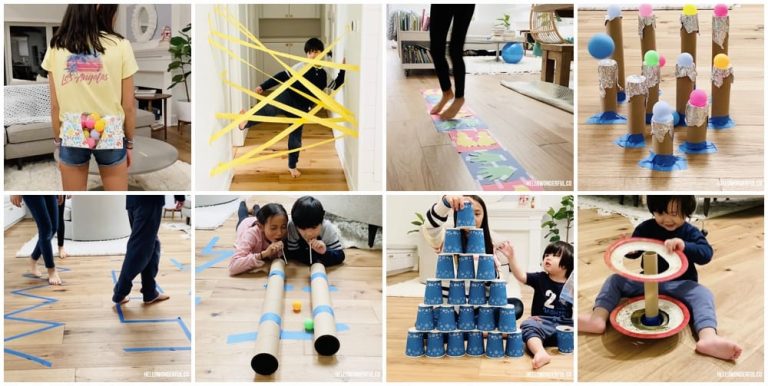

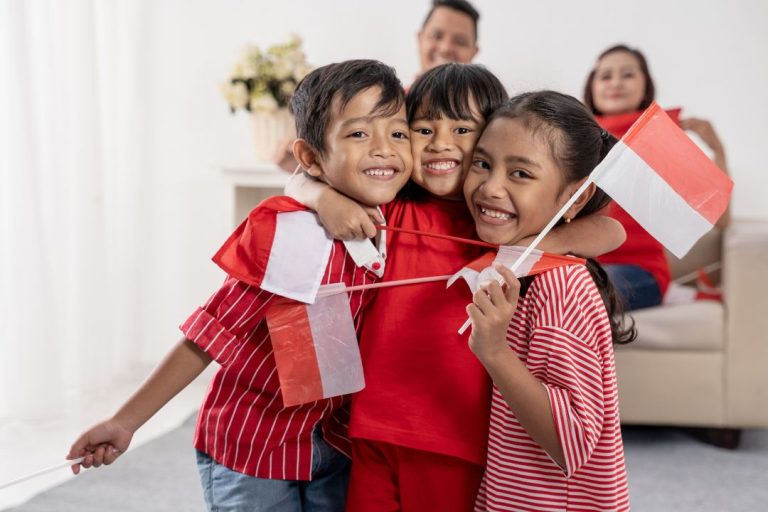
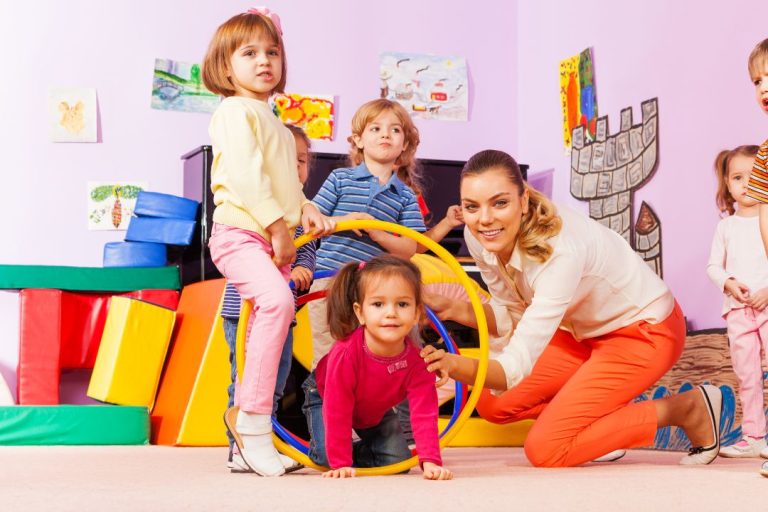
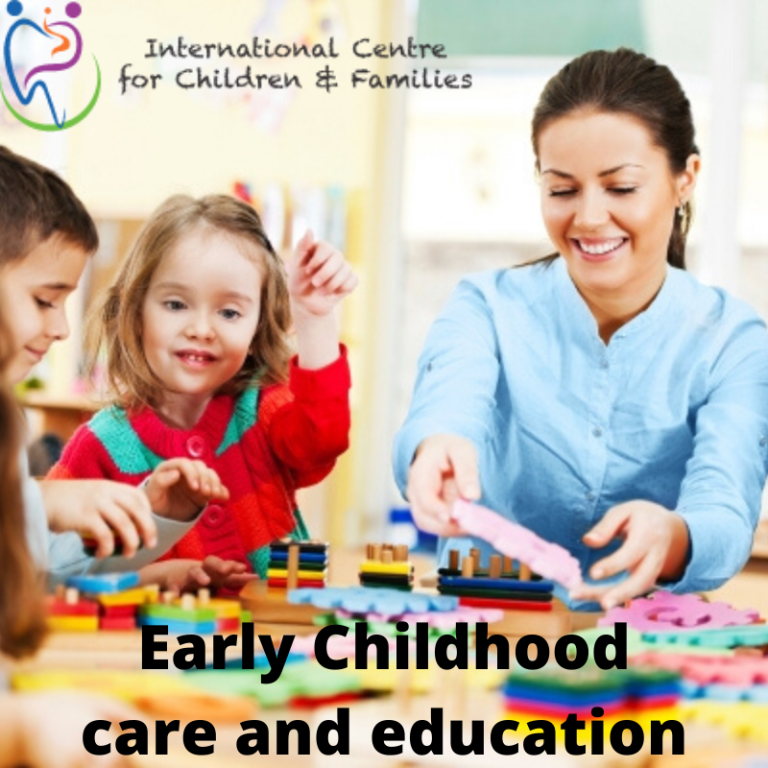

3 Comments